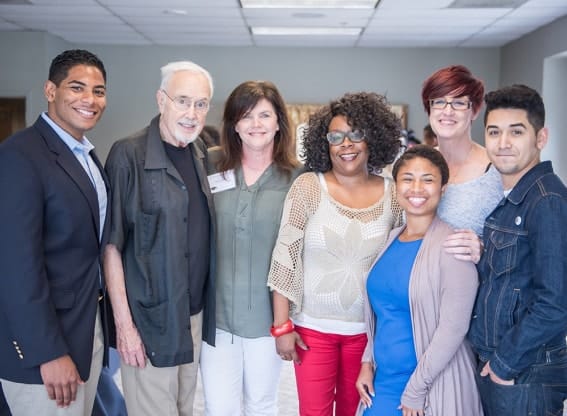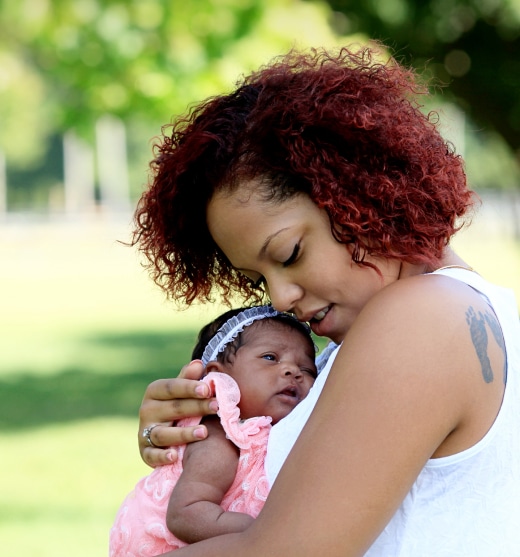Our Work – Health
Reproductive and Sexual Health
Like all youth, young people in foster care require information and support about their reproductive and sexual health.
Historically, the foster care system has not provided this, resulting in high rates of unintended pregnancy and misinformation about sexual health. JBAY ensures foster youth have access to the information and services they need by advocating for better policies, developing educational resources, and training practitioners.
Policy Advocacy
In 2017, JBAY advocated for landmark legislation, the California Foster Youth Sexual Health Education Act (SB 89) that ensures foster youth receive comprehensive sexual health education in middle and high school. It also requires social workers to inform foster youth of their reproductive and sexual health rights, and to help youth access confidential health care services. Since then, JBAY has pressed for the full implementation of the law and in 2021 successfully advocated for legislation to require data collection on reproductive and sexual health metrics and changes to the court report that enable monitoring of local implementation.
Resources
Webinars
Educational Materials
Resources
Webinars
Links
Training Practitioners
In partnership with Los Angeles Reproductive Health Equity Project for Foster Youth, JBAY provides intensive training and consultation to 12 Short-Term Residential Therapeutic Programs (STRTPs) located in seven counties over 18 months. The goal of this “community of practice” is to improve their policies and practices related to the sexual and reproductive health of youth in their care. Together, these organizations serve 21% of youth living in STRTPs in California. With better policies and practices, they can play a vital role in the health and well-being of our state’s foster youth.




